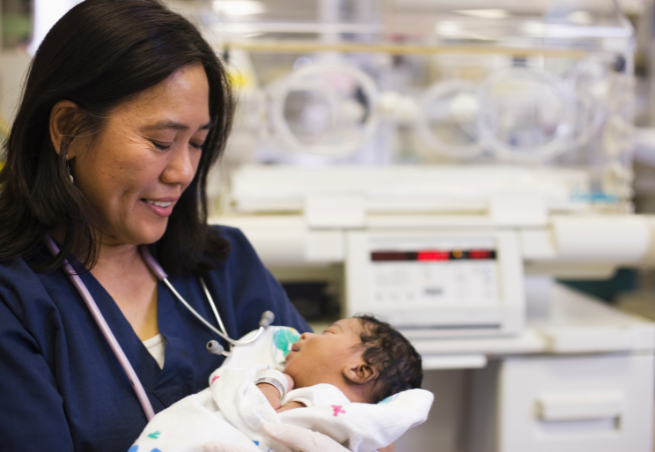Juan Prieto, M.D.
- Urology, Pediatric Urology

Dr. Prieto is originally from Colombia, South America. After graduating first in his medical school class, he completed his Urology Residency at the Universidad Nacional de Colombia in Bogota. Then, he completed two Pediatric Urology Fellowship programs at Miami Children’s Hospital (University of Miami) and Children’s Medical Center of Dallas (University of Texas Southwestern Medical Center).
Dr. Prieto served from 2014 to 2020 as the Section Chief of Pediatric Urology at Children’s Hospital of San Antonio and currently holds the position of Clinical Adjunct Professor for the Urology Departments at San Antonio Uniformed Services Health Education Consortium Program (SAUSHEC) and at the University of Texas RGV, in San Antonio and Edinburg TX, respectively. He is also an adjunct faculty for the Pediatrics Department of Baylor College of Medicine in San Antonio, Texas. He works primarily at Children’s Hospital of San Antonio and Methodist Children’s Hospital in San Antonio, Texas.
Dr. Prieto served as the President of the Iberoamerican Society for Pediatric Urology from 2018 to 2020. This academic society includes pediatric urologists from twenty-four Ibero American (Latin America, Spain and Portugal) countries. In addition, he travels periodically to other countries as a lecturer and to perform charitable urological surgery in children from underserved areas.
Outside of medicine, his interests include spending time with his family and friends, outdoor activities, hiking, reading, traveling, farming lifestyle, working out, and soccer.
Dr. Prieto’s Surgeries: Videos & Pictures
Services provided and areas of expertise:


